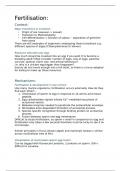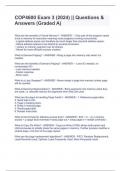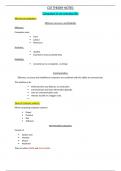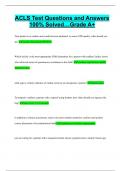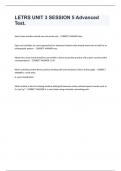#thesis ↑ social, behavioral,
significance testing. and biological sciences
↳ NHST
is statistical procedure thatproduces true.
probabilities when
accurate NH is
↳ Many
positive cases Do
alternative hypothesis
NotDove another
e ↳ Null Hypothesis IS Set
against (AH)
↳ All predicts difference -> Hi:Mr M,
↳ Predicts equality - Ho: Mo=M, :onretainHill when youreset the
#
Null: Supports Att
↳
Rejecting
Retained Null:Does not move it, simply allows ita s
↳ a
possibility
AlternativeHypothesampleDifference
(i
Wall: You cannotchoose between Ho and A,
↳
Retaining
: Ponebbainesaudelaaonshore
↳ Directional
Drawingconcedefrom Al
e table):
RejectHot Air
Basic Null Steps (NHST
↑ population
mean(4r) ↳ Observed - a critical + (from table):Retain Ho (B)
1. Describe Ho and Hi
SSES
o *
=
*
2. Gather Data
3. Choose Statistical test
n. T-values and compare
Conclusion
↳
5. Statement
S**
Standard Erran Estimated
Pop'nvariability - 5 =
NAST:One (1) -
Sample test
↳
Statistical testof the hypothesis thata sample has same mean as the population (0:unknown)
H0:X Mo
H.:F Mo
=
Ho:M, Mo =
Ho:M, F Mo
EX. Are the Toronto
↳ Is observed sample
Raptorstaller
mean
than the
the same
GE
as
Canadian?
an estimated population mean?
=
**
S*
(estimate
(sample)
mean population mean) ↳ Same steps apply
SDD X-Mo = From t-table:Whatyou need?
Drawing conclusions) Ex 2.4
=
↳ You need
↑ A
- 1. Alpha (a)
38 astribution
2.
3.
2 failed
Degrees
or 1-tailed
of Freedom (n-1)
test?
pop'n +- distribution
sample tribution sampling
Difference(SDD)
of
(df n
=
-
1 4)
=
(Mo x SDD)- =
-> continous values
EffectSize (d) -
Aquantification ofthe degree of separation between (2) distributions
↳ d 0.2
=
Small Effect KEY:Effect size is
largest
=oll; Il
When the difference
a a = ↳ d 0.5 = medium Effect
Effects
between mean is largest
4 d 0.8 =
Big
and estimated popin.v
unknown &
is smallest.
At
equality
Note: you use two-tailed
testing for All" because itincorporates
possibility m ore
of or less from mean
(meaning, 2 ends of normal distribution) null always KEY:Significance level denoted by
Two-tailed one-tailed
↑ contains
equality
(A) alpha specifies the size of
Ho: M 23
=
Ho:M123 Hr:M123 the rejection region in distribution
Hi:M=23 H,:M<23 H,: > 63
(lefttalled) (Right failed)
, dependent
# samples t-test that
evidence not strong conclude effect
↑
is to an
↳ The
meaning probability (P): p is the probability of exists; suggests the sample is too small and
the obtained statistical test value when Ho (NH) is too high. Alow p-value
variability shows that
true (I
rejection region) the effect is large, replicable, and
significant.
↳ p-how likely is the observed difference between to ↳
knowing p does reveal
not information
groups due chance
to
-
high P-value suggests about a (degree of Separation)
Independent
Samples t-test:
↳) used to compare two (2) sample means (X) from meted factions; usedto
compare if (21 population means are indeeddifferent. Pairedsampled tests are
usedwhen there Intrinsic, related
is a natural, non-experimentally connection
between (2) factions
↳ Independent -
Do men own more shoes than women?1.Ho and Hi
↳ Paired -
Do husbands own more shoes than wives? 2. Gather data
3. Choose test
Example-Does gender effect show collection size? 4. Calculate t's
faction
↑ 3. Draw conclusion
ONE-Generate He/Hi
#
->Ho:MiFM2-Factions 6. Find defect size
(I
7. Calculate
↳ Ho: ll, le
Determ (x)
men andwomen same # of shoes
=
-
own
0.05-
↳
Hi:M, FM2
=
men andwomen own different# of shoes
-
two-tailed test (2.5%)
STEP
THREE (Step 2:data
given) -
statistical test
FOUR
STEP T- critical and observed t-value When N, Nz =
↑
-
faction () Faction (a)
↑ Mean
mean
t=
2;d Nz 2 =
actions
scx,
+Ex-
↳ Sample Sie
⑤- *
L Standard Error Differenc N,(N.-13
sampling distribution ofdiference)
(*Yo+it)
when it
Six,-xil=
STEP FIVE-
Drawing conclusions
-


